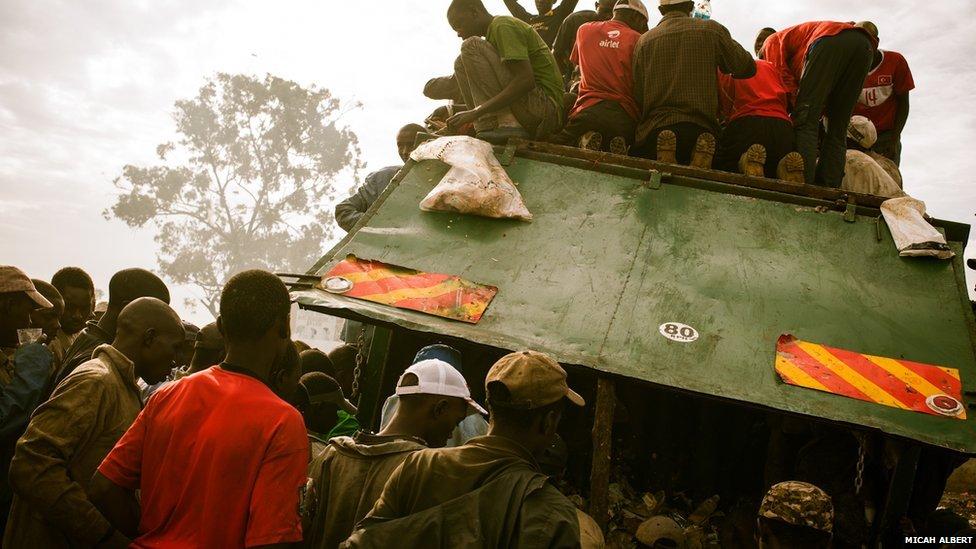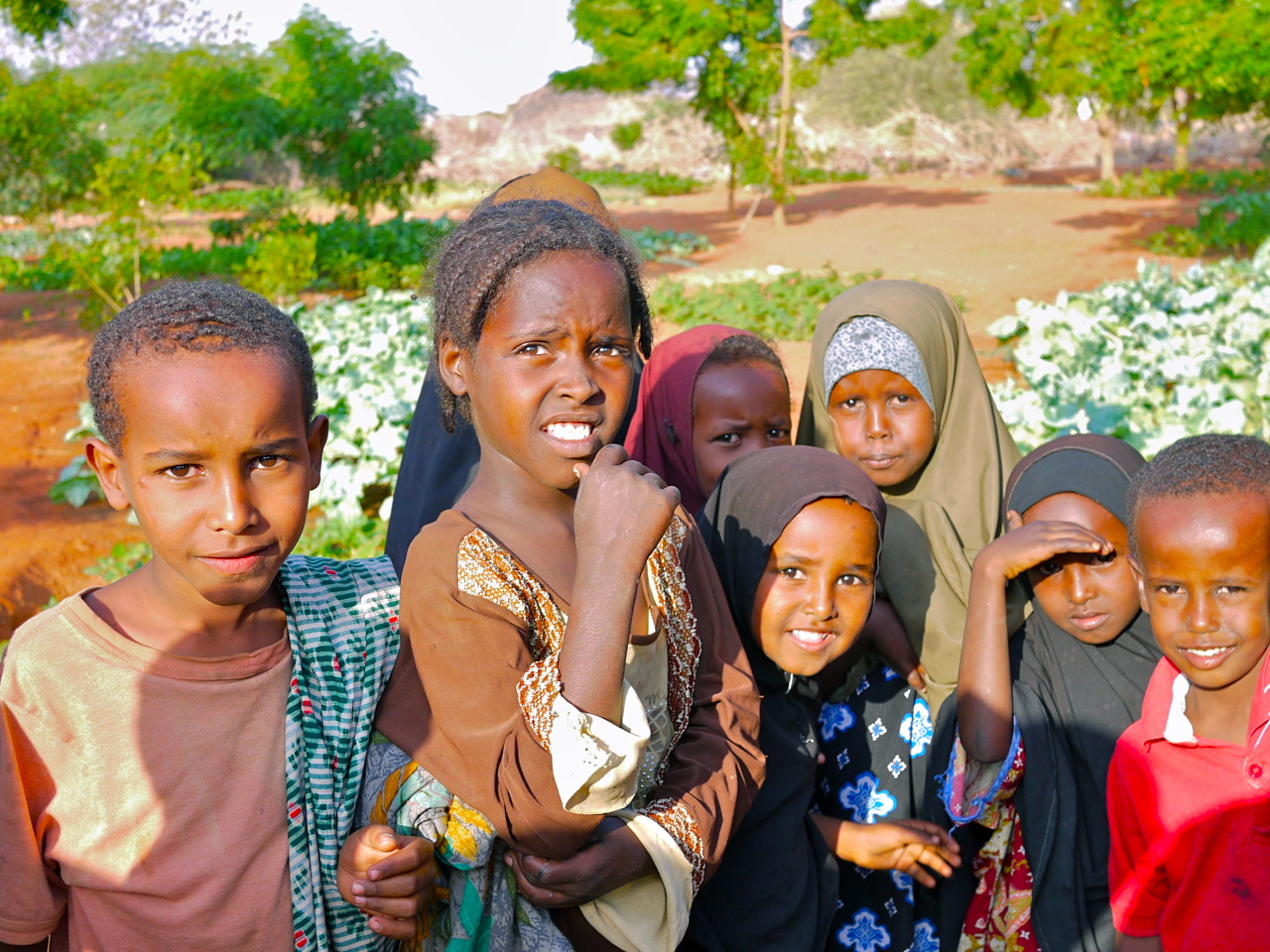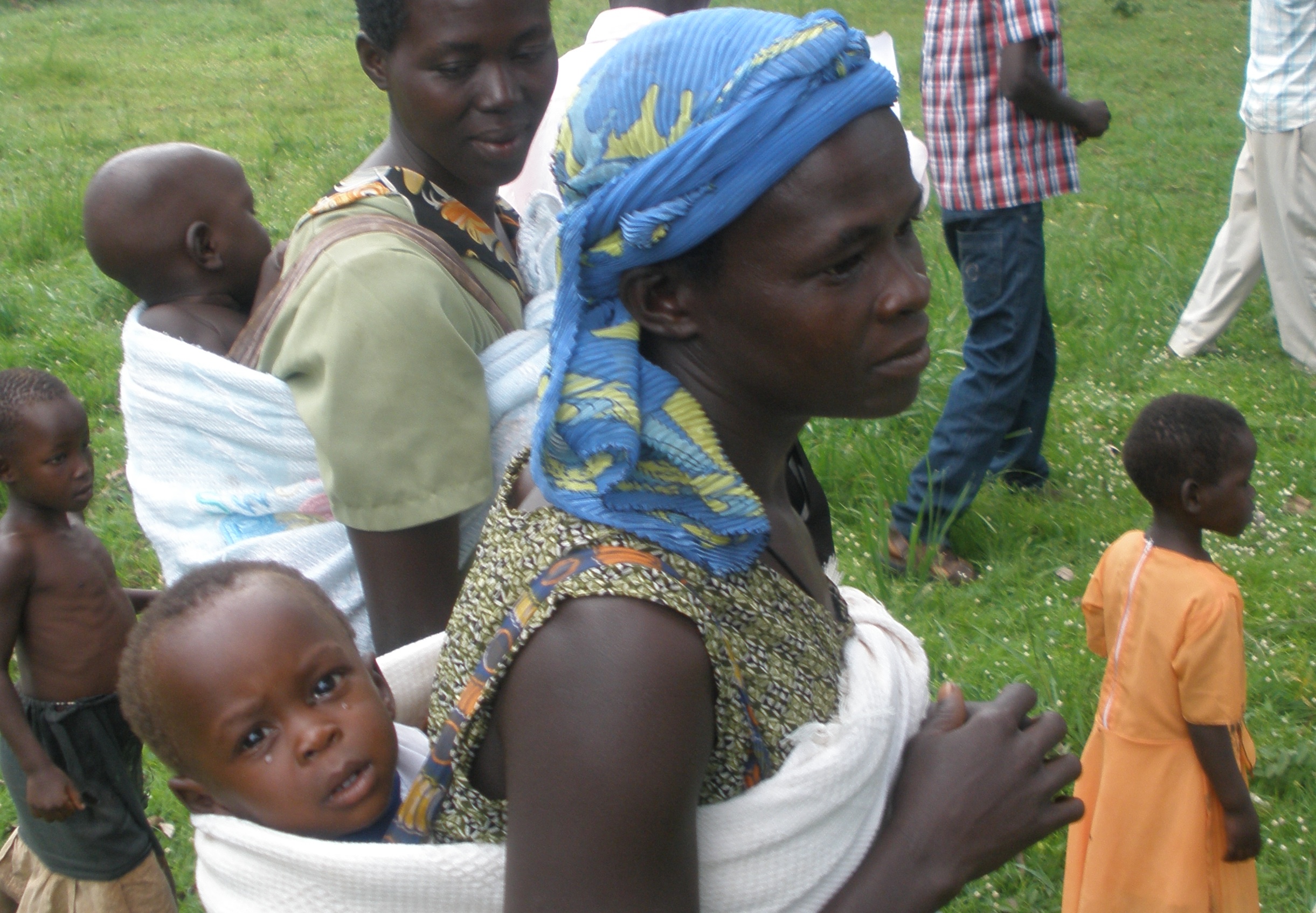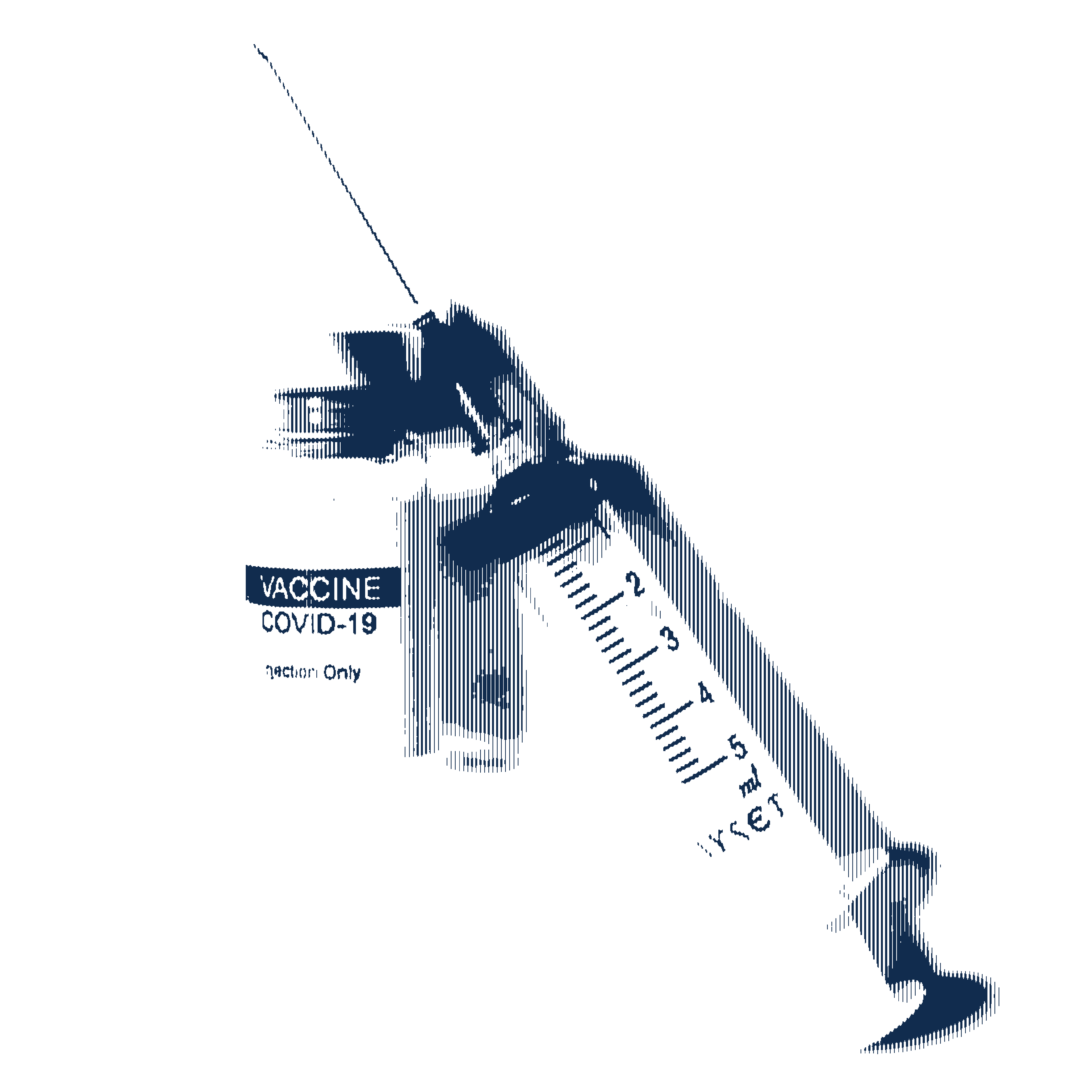
BMW Foundation
Reinhardtstrasse 58
Berlin, Germany
October 23, 2013
6:30pm to 7:45pm -- Presentation
7:45pm to 8:30pm -- Free Reception
Join journalists Roger Thurow and Sam Loewenberg for a discussion on agriculture, health and the tangled politics of development at the BMW Foundation in Berlin. Peter Sawyer, health projects director at the Pulitzer Center, will moderate.
Thurow is the senior fellow for global agriculture and food policy at the Chicago Council on Global Affairs. He spent 30 years with The Wall Street Journal, serving 20 years as a foreign correspondent in Europe and Africa. He is the author of "The Last Hunger Season" and "Enough".
Loewenberg is a journalist who covers the intersection of global health, business, and government. His articles and photos have appeared in The Economist, The New York Times, The Guardian, and The Lancet. Most recently, he was a Nieman Foundation-Pulitzer Center Global Health Reporting Fellow at Harvard University.
Loewenberg and Thurow are both grantees of the Pulitzer Center on Crisis Reporting, an international journalism and education organization based in Washington, DC. The Pulitzer Center is co-sponsoring this event.
RSVP at https://health-farms.eventbrite.com/
***
Program Description:
The most pressing health and development challenges facing the world today—climate change, preventable disease, malnutrition, and poverty—will never be solved without long-term policy commitments. The politics of development, however, remain stubbornly short-term.
Our politicians are caught up in a cynical cycle of emergency response, seemingly only spending money and political capital when starving children appear on CNN or a natural disaster strikes. By then, it is too late.
Enduring approaches do exist. The Green Revolution of five decades ago conquered famine in India, Pakistan, Bangladesh and elsewhere in Asia and then Latin America. When governments engage in the long-term, real change can happen. Poverty mitigation programs, and new health and basic infrastructure have opened up new opportunities for millions. New global players such as Brazil, China and Korea once had large populations of deeply impoverished and suffering people.
Of course, old challenges remain and new ones continue to surface. Food production must double worldwide by 2050 to keep up with population growth. Deaths from diabetes, chronic lung disease, cancer and cardiovascular disease are rising rapidly. Malnutrition still stunts the physical and intellectual growth of children in countries where human capital is needed most.

Global hunger affects nearly one billion people. Emergency food is not enough. This project examines...







